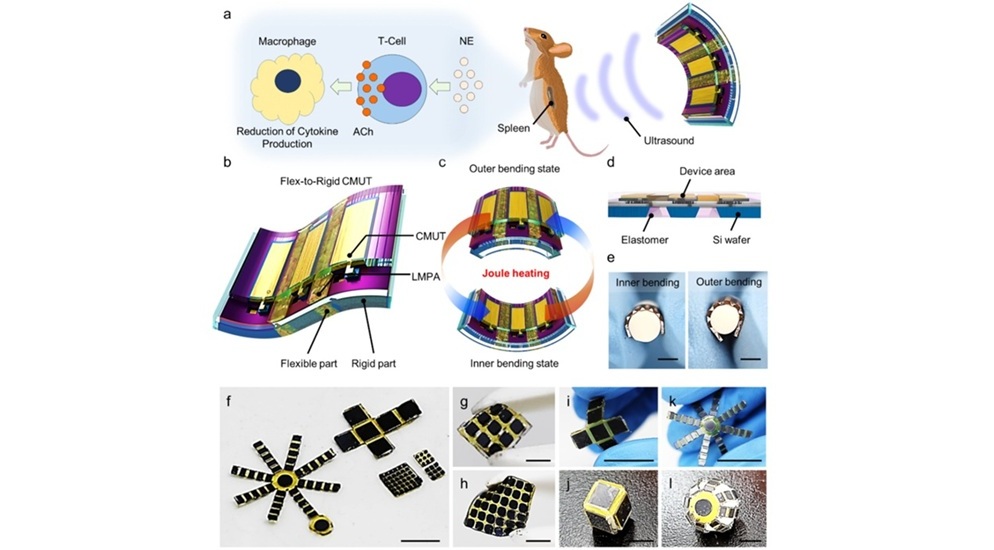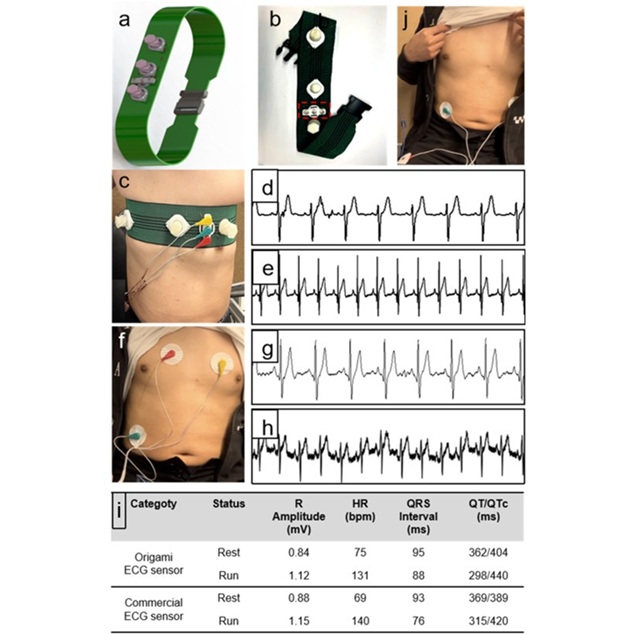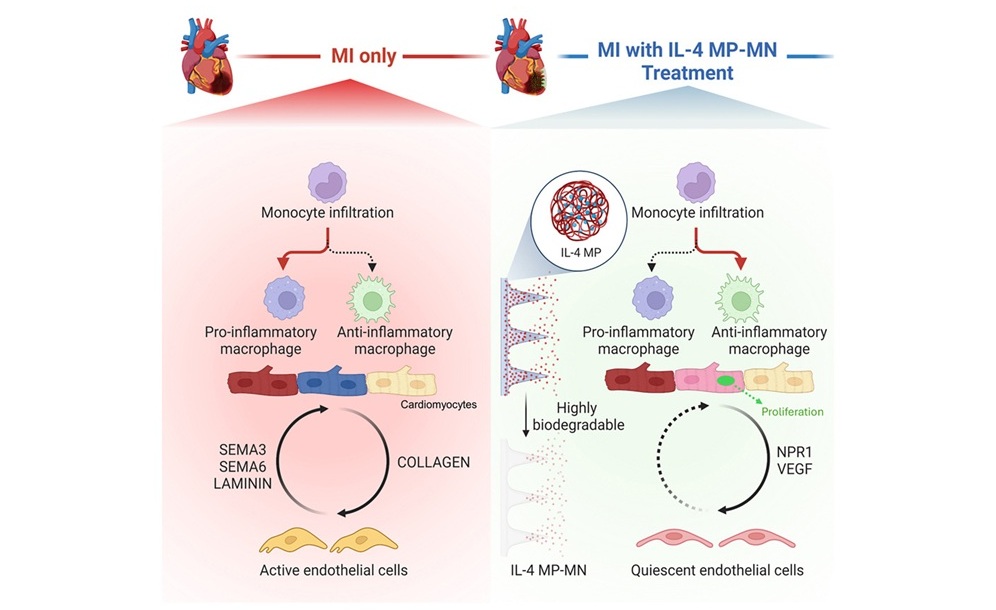Research Suggests Avoidance of Low-Value Surgical Procedures
|
By HospiMedica International staff writers Posted on 28 Nov 2017 |
A new study suggests that stopping just five high-cost general surgical procedures could reduce health services costs and improve patient care.
Researchers at Imperial College London (ICL; United Kingdom) conducted a study with the intention of identifying low-value interventions in general surgery, with a further assessment of their cost. To do so, a multiplatform method that included a broad literature search, a targeted database search, and opportunistic sampling was established; the results were then stratified to assess both cost and frequency of each procedure. In all, 71 low value general surgical procedures were identified, of which five were of high volume and high cost, 23 were of high cost and low volume, 22 belonged to the low cost and high volume group, and 21 were in the low cost and low volume group.
The results revealed that the highest impact interventions included inguinal hernia repair in minimally symptomatic patients, inappropriate gastroscopy, interval cholecystectomy, computerized tomography (CT) scans to diagnose appendicitis, and a routine endoscopy performed in those with CT-confirmed diverticulitis. The five general surgical procedures carried a financial burden of €153 million. The study was published on November 8, 2017, in the British Journal of Surgery (BJS).
“It is the basic thought of every surgeon at their earliest decision when becoming a doctor to act in the patient’s best interests, and this inherent belief should provide motivation to maximize value of care,” said lead author Humza Malik, MD, of the ICL academic surgical unit. “Remembering this, clinicians should lead changes to provide pertinent, precise treatments, thereby avoiding ineffective interventions and challenging existing dogma that ‘more care is better care.’”
Since 2006, the National Institute for Health and Care Excellence (NICE; London, UK) has undertaken a formal agenda to address the issue of disinvesting in low-value care, procedures, and practices. Internationally, Choosing Wisely (Philadelphia, PA, USA) has also addressed the issue through promotion of physician and patient conversation, in order to reduce unnecessary interventions. The Choosing Wisely campaign has since been adopted by other countries, including Australia, Germany, Italy, Japan, the Netherlands, and Switzerland.
Related Links:
Imperial College London
National Institute for Health and Care Excellence
Choosing Wisely
Researchers at Imperial College London (ICL; United Kingdom) conducted a study with the intention of identifying low-value interventions in general surgery, with a further assessment of their cost. To do so, a multiplatform method that included a broad literature search, a targeted database search, and opportunistic sampling was established; the results were then stratified to assess both cost and frequency of each procedure. In all, 71 low value general surgical procedures were identified, of which five were of high volume and high cost, 23 were of high cost and low volume, 22 belonged to the low cost and high volume group, and 21 were in the low cost and low volume group.
The results revealed that the highest impact interventions included inguinal hernia repair in minimally symptomatic patients, inappropriate gastroscopy, interval cholecystectomy, computerized tomography (CT) scans to diagnose appendicitis, and a routine endoscopy performed in those with CT-confirmed diverticulitis. The five general surgical procedures carried a financial burden of €153 million. The study was published on November 8, 2017, in the British Journal of Surgery (BJS).
“It is the basic thought of every surgeon at their earliest decision when becoming a doctor to act in the patient’s best interests, and this inherent belief should provide motivation to maximize value of care,” said lead author Humza Malik, MD, of the ICL academic surgical unit. “Remembering this, clinicians should lead changes to provide pertinent, precise treatments, thereby avoiding ineffective interventions and challenging existing dogma that ‘more care is better care.’”
Since 2006, the National Institute for Health and Care Excellence (NICE; London, UK) has undertaken a formal agenda to address the issue of disinvesting in low-value care, procedures, and practices. Internationally, Choosing Wisely (Philadelphia, PA, USA) has also addressed the issue through promotion of physician and patient conversation, in order to reduce unnecessary interventions. The Choosing Wisely campaign has since been adopted by other countries, including Australia, Germany, Italy, Japan, the Netherlands, and Switzerland.
Related Links:
Imperial College London
National Institute for Health and Care Excellence
Choosing Wisely
Latest Hospital News News
- Nurse Tracking System Improves Hospital Workflow
- New Children’s Hospital Transforms California Healthcare
- Noisy Hospitals Face Threat of Decreased Federal Compensation
- Orthopedics Centre of Excellence Planned for Guy’s Hospital
- U.S. Federal Readmission Fines Linked to Higher Mortality
- Columbia China to Build New Hospital in Jiaxing
- Dubai Debuts Second Robotic Pharmacy Service
- Seattle Hospital Network Shifts Away from Overlapping Surgeries
- ACC to Launch Valvular Heart Disease Program in China
- Mortality Rates Lower at Major Teaching Hospitals
- South Australia to Inaugurate Upscale Hospital
- Raffles to Launch Second Hospital Project in China
- Research Center Tackles Antimicrobial Drugs Challenge
- Miami Cardiac & Vascular Institute Completes Expansion Project
- Hospital Antibiotic Policies Improve Prescription Practices
- USC Virtual Care Clinic to Employ Avatar Doctors
Channels
Critical Care
view channel
Nanogel Technology Almost 100% Effective in Destroying Drug-Resistant Bacteria Within Hours
Antibiotic resistance is one of the most serious global health threats, driven by bacteria that evade treatment and form protective biofilms that shield them from drugs. Pathogens such as Pseudomonas aeruginosa,... Read more
Wearable Ultrasound Sensor Delivers Noninvasive Treatment Without Surgery
Wearable ultrasound devices have long struggled with low acoustic power and poor structural stability, limiting their use in high-resolution imaging and therapeutic applications. Conventional flexible... Read moreSurgical Techniques
view channelNovel Endoscopy Technique Provides Access to Deep Lung Tumors
Detecting lung cancer early can save lives, but diagnosing small tumors deep in the outer regions of the lungs remains a major clinical challenge. Although CT scans frequently identify tiny suspicious... Read more
New Study Findings Could Halve Number of Stent Procedures
When a coronary artery becomes acutely blocked during a heart attack, opening it immediately is essential to prevent irreversible damage. However, many patients also have other narrowed vessels that appear... Read morePatient Care
view channel
Revolutionary Automatic IV-Line Flushing Device to Enhance Infusion Care
More than 80% of in-hospital patients receive intravenous (IV) therapy. Every dose of IV medicine delivered in a small volume (<250 mL) infusion bag should be followed by subsequent flushing to ensure... Read more
VR Training Tool Combats Contamination of Portable Medical Equipment
Healthcare-associated infections (HAIs) impact one in every 31 patients, cause nearly 100,000 deaths each year, and cost USD 28.4 billion in direct medical expenses. Notably, up to 75% of these infections... Read more
Portable Biosensor Platform to Reduce Hospital-Acquired Infections
Approximately 4 million patients in the European Union acquire healthcare-associated infections (HAIs) or nosocomial infections each year, with around 37,000 deaths directly resulting from these infections,... Read moreFirst-Of-Its-Kind Portable Germicidal Light Technology Disinfects High-Touch Clinical Surfaces in Seconds
Reducing healthcare-acquired infections (HAIs) remains a pressing issue within global healthcare systems. In the United States alone, 1.7 million patients contract HAIs annually, leading to approximately... Read moreHealth IT
view channel
EMR-Based Tool Predicts Graft Failure After Kidney Transplant
Kidney transplantation offers patients with end-stage kidney disease longer survival and better quality of life than dialysis, yet graft failure remains a major challenge. Although a successful transplant... Read more
Printable Molecule-Selective Nanoparticles Enable Mass Production of Wearable Biosensors
The future of medicine is likely to focus on the personalization of healthcare—understanding exactly what an individual requires and delivering the appropriate combination of nutrients, metabolites, and... Read moreBusiness
view channel
Philips and Masimo Partner to Advance Patient Monitoring Measurement Technologies
Royal Philips (Amsterdam, Netherlands) and Masimo (Irvine, California, USA) have renewed their multi-year strategic collaboration, combining Philips’ expertise in patient monitoring with Masimo’s noninvasive... Read more
B. Braun Acquires Digital Microsurgery Company True Digital Surgery
The high-end microsurgery market in neurosurgery, spine, and ENT is undergoing a significant transformation. Traditional analog microscopes are giving way to digital exoscopes, which provide improved visualization,... Read more
CMEF 2025 to Promote Holistic and High-Quality Development of Medical and Health Industry
The 92nd China International Medical Equipment Fair (CMEF 2025) Autumn Exhibition is scheduled to be held from September 26 to 29 at the China Import and Export Fair Complex (Canton Fair Complex) in Guangzhou.... Read more

















